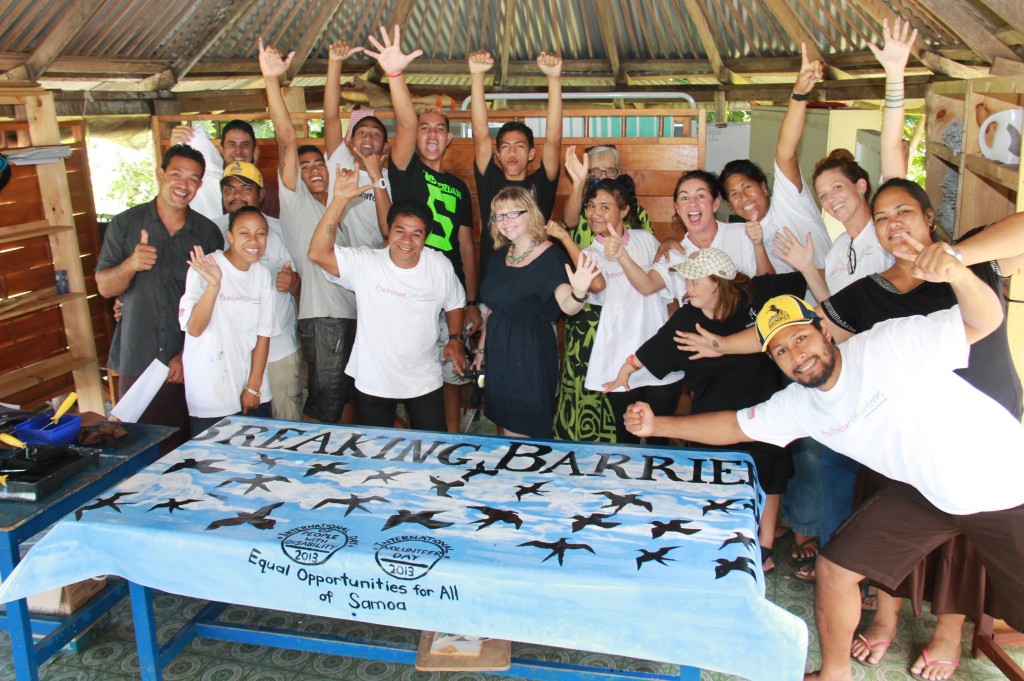1-2 July 2014
The international law societies of Australia and New Zealand, Canada, Japan and the United States of America (the “Four Societies”) have held four conferences bringing together early career scholars around a theme, generally leading to an edited conference volume. The underlying goal of this initiative is to foster a scholarly network between individuals associated with the four sponsoring societies. The first cycle of the Four Societies Project saw events hosted by the Australian and New Zealand Society of International Law (ANZSIL) at University of Wellington in 2006, the Canadian Council on International Law held at Edmonton in 2008, the Japanese Society of International Law held on Awajishima Island in 2010, and the American Society of International Law held at Berkeley Law School in 2012 ANZSIL will host the Fifth International Four Societies Conference at the Australian National University on 1-2 July 2014, on the theme of Experts, Networks and International Law. The Steering Committee for the Fifth Conference now invites paper proposals from members of the Four Societies. Continue reading

